Haaretz: Israel’s 'War between the Wars' doctrine fatally weak against Axis of Resistance
An article in Haaretz says Israel is fatally weak against the Axis of Resistance which includes the Palestinian and Lebanese movements.
Writing in the leading Israeli daily, Dr. Gil Murciano also said the “War between the Wars” doctrine followed by Israel is greatly limited in shaping an endurable reality for the regime.
While the strategy is underpinned by an assumption that Israel is destined to experience significant, temporary escalation every few years in its confrontation with the Axis of Resistance, the policy has failed to achieve its far-reaching goals in recent years, he said.
According to Murciano, Israel’s position has eroded further with each new round of fighting with resistance groups as Gaza-based Hamas movement grows stronger in the domestic Palestinian arena, while Israel grows weaker on the international stage.
He pointed to the March 3 decision by the chief prosecutor of the International Criminal Court, Fatou Bensouda, to launch a formal inquiry into Israeli crimes in the occupied Palestinian territories as a proof that the Tel Aviv regime’s standing is deteriorating.
Murciano noted that Israel’s recent acts of aggression against Palestinians in East Jerusalem al-Quds coupled with a bloody military onslaught on the besieged Gaza Strip have caused a deep tear in the fabric of Jewish-Arab relations within the occupied territories.
Palestinian Hamas and Islamic Jihad resistance movement, he said, have upgraded their capacity to inflict damage on Israeli military forces, both in terms of quantity and quality.
Murciano is about to take over as the new chief executive of Mitvim, the Israeli Institute for Regional Foreign Policies.
In his article, he said the main flaw of the "War between the Wars" does not lie in the strategy’s failure to achieve its operational goals, but in the adoption of its underpinning logic by Israel’s political leadership in lieu of diplomacy.
The strategy, he wrote, constitutes a desperate attempt to freeze reality with the best case scenario that things will not get any worse.
The “War between the Wars” lacks the vision or the desire for long-term policy, and its adoption fits the anti-solutionism approach adopted by the Israeli administration over the past decade, he added.
Murciano underscored that the policy creates a false sense of proactivity, and sanctifies military creativity and initiative in eliminating operational risks. It, however, enables the political echelon to avoid diplomatic measures.
“This illusion of proactivity collapses with every escalation. While we are busy trying to preserve the status quo, Iran, Hamas and Hezbollah are learning, adapting and improving conditions for the next round,” he said.
According to Murciano, the next round of fighting could present Israel with an active new front on the West Bank as Hamas is growing in power in the territory.
He advised Israeli authorities to turn normalization deals it has struck with a number of Arab states into a strategic tie-breaker, and to forge military alliances against Iran and the Axis of Resistance at large, and rope Saudi Arabia into the normalization agreements.
VIDEO | Israel’s war spending
Palestine Action wins again
VIDEO | Palestinian Authority's blockade of Jenin refugee camp reaches third week
Dec. 25: ‘Axis of Resistance’ operations against Israeli occupation
Lavrov warns West against challenging Russia's resolve to defend interests
VIDEO | Press TV's news headlines
Yemen parl. condemns ‘shameful’ silence of Arab states on Israeli crimes in Gaza, Syria
VIDEO | Iran’s Christians mark Christmas with hopes for Gaza resolution


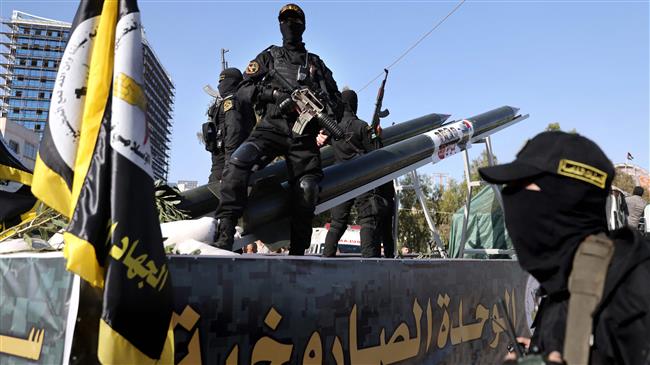




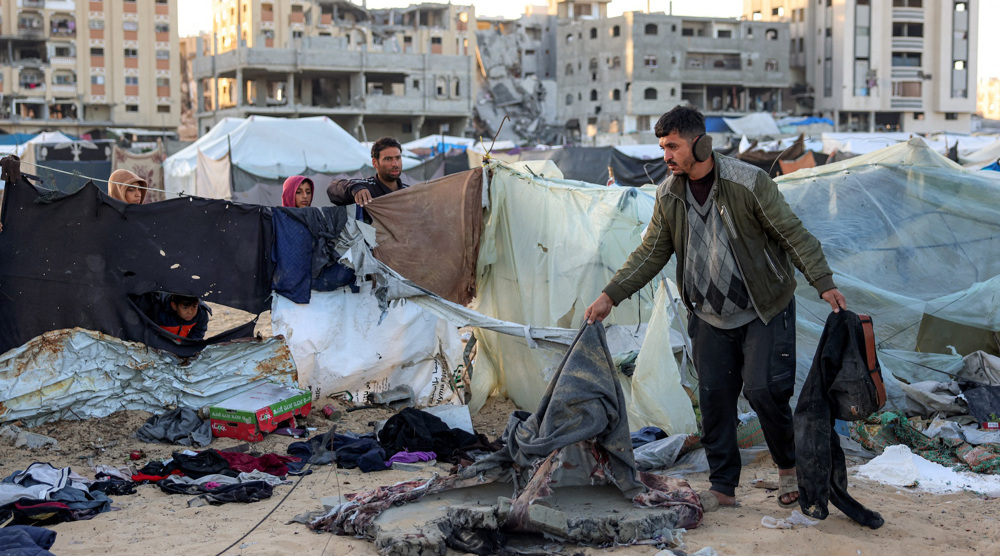




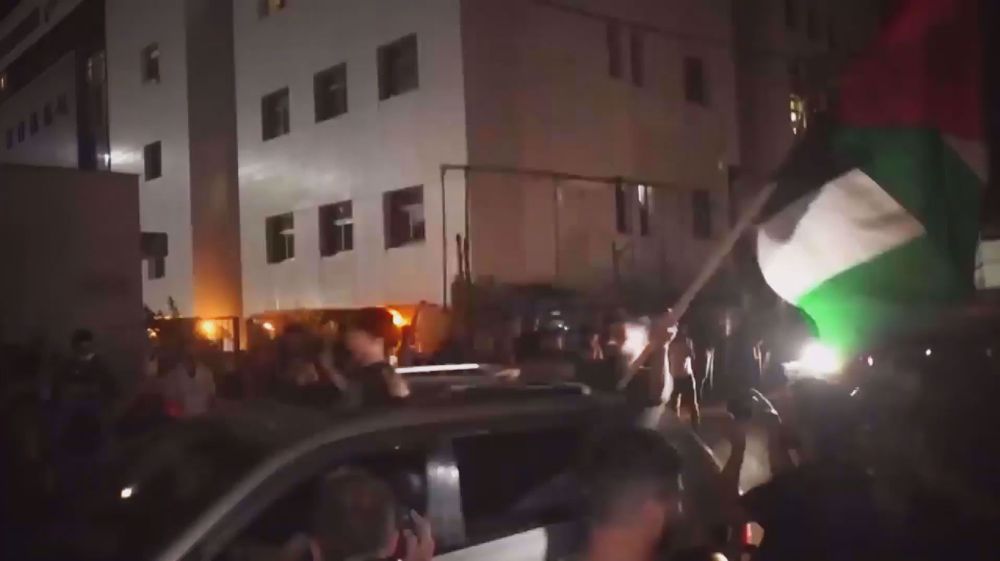
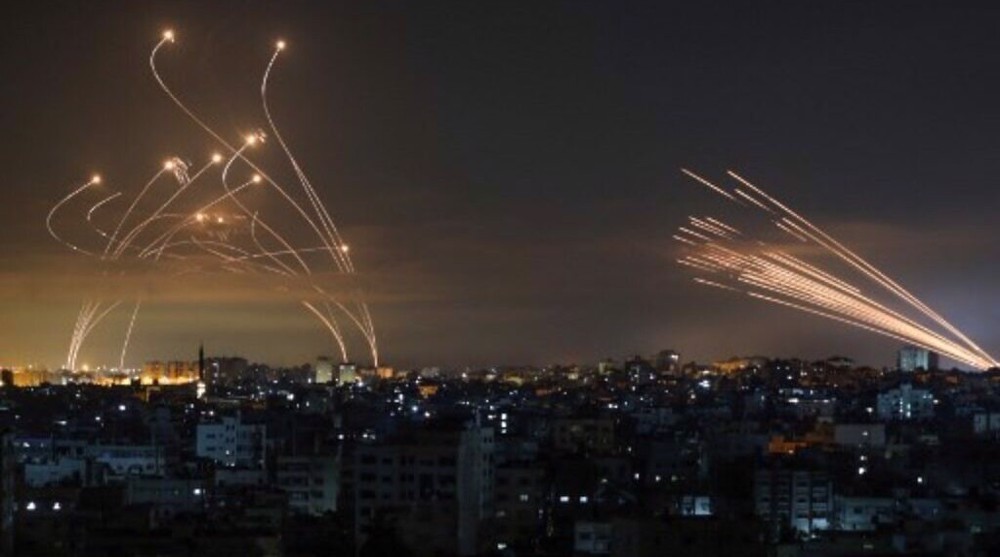
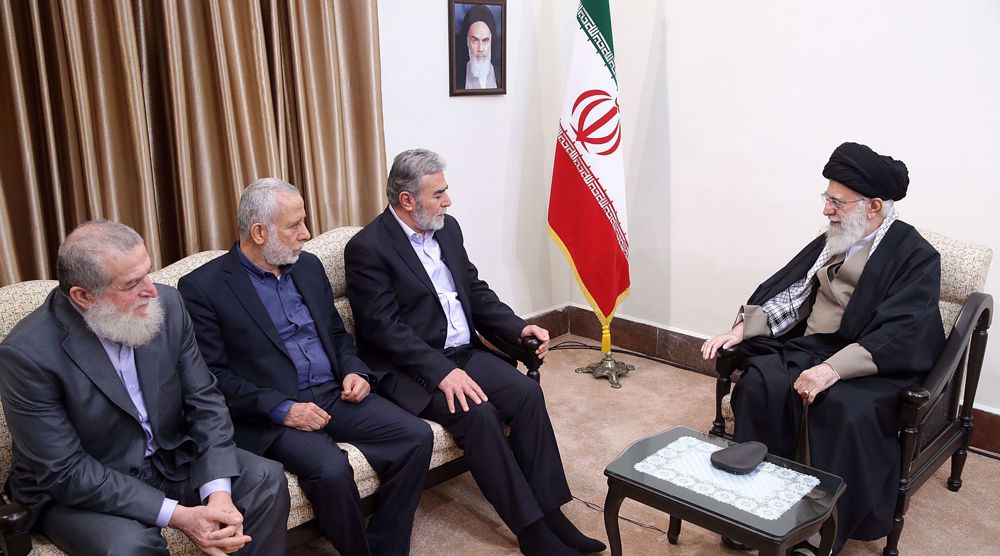
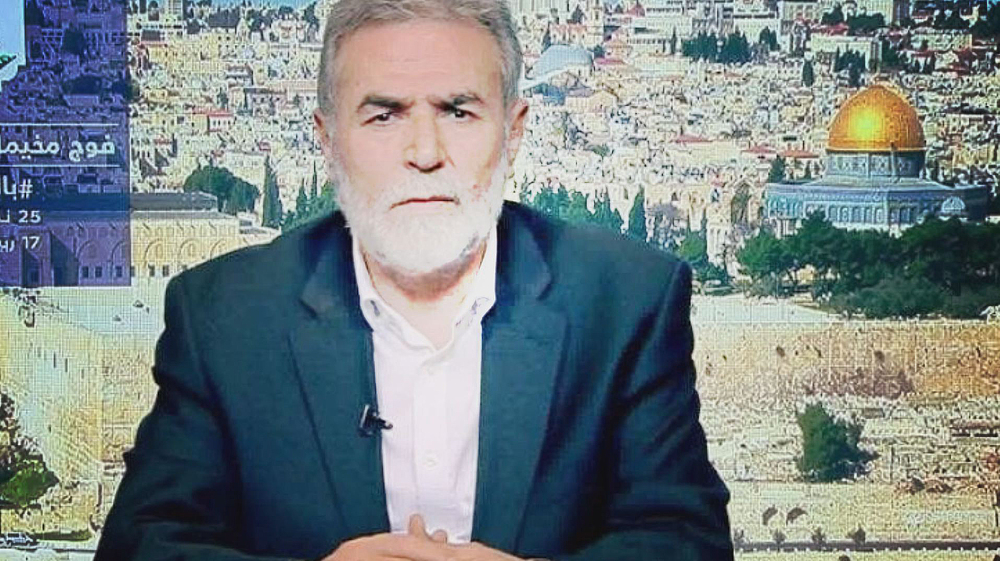
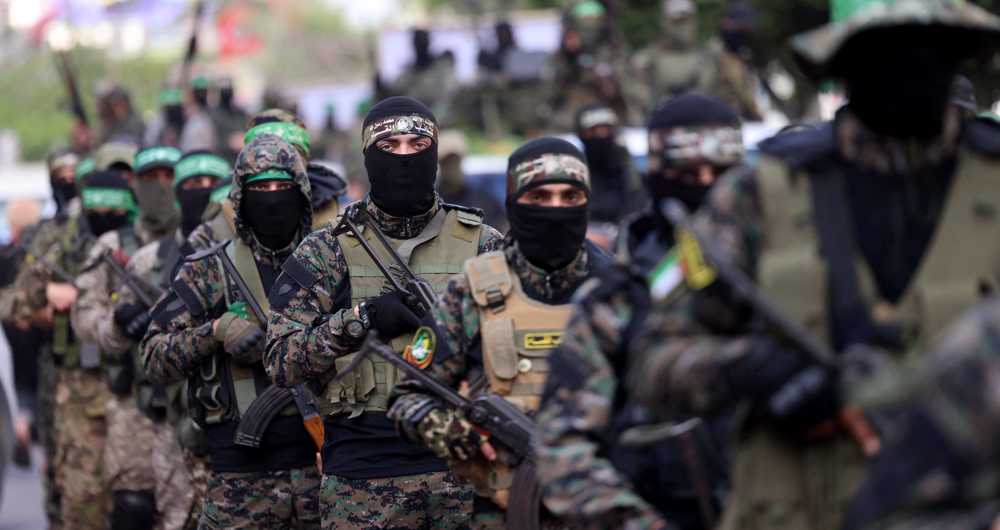
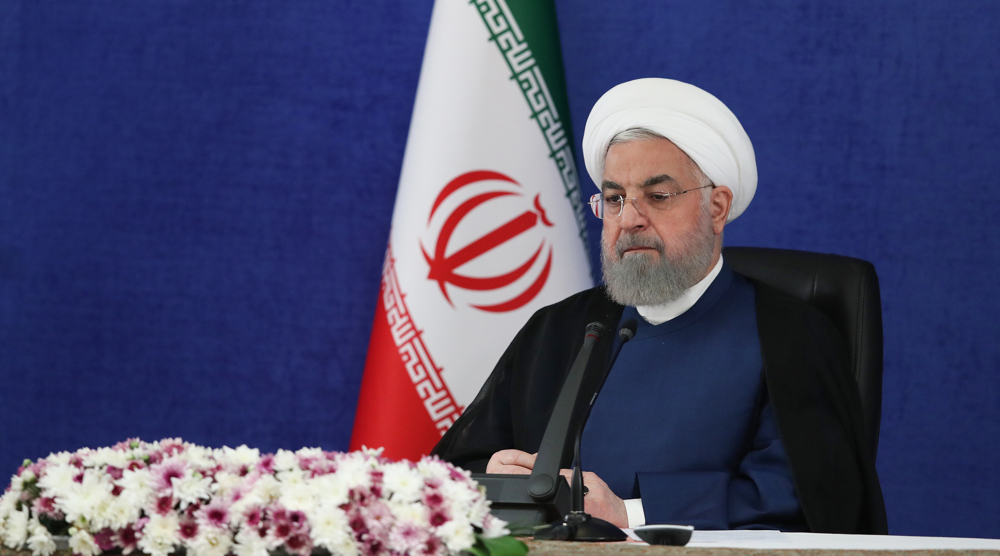

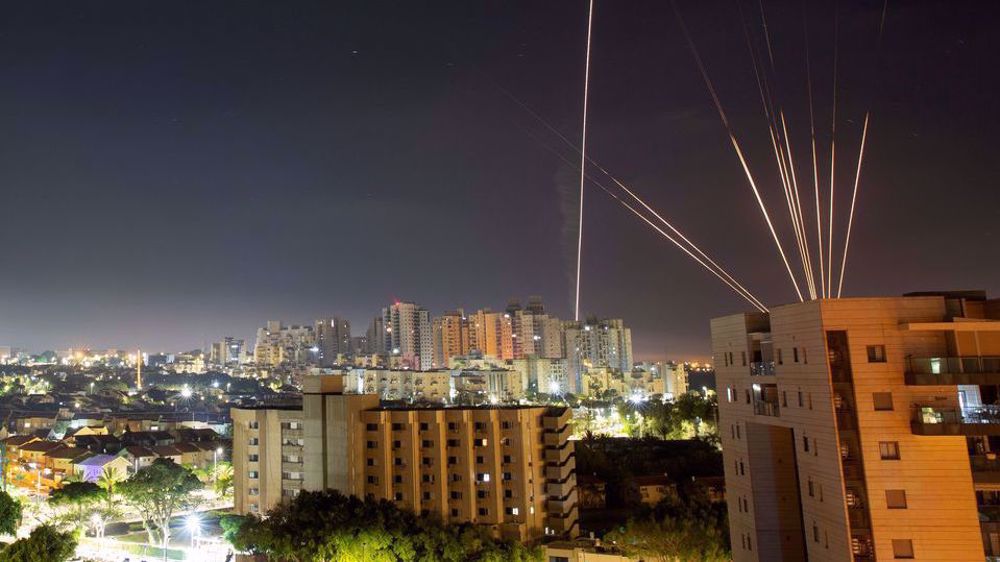

 This makes it easy to access the Press TV website
This makes it easy to access the Press TV website